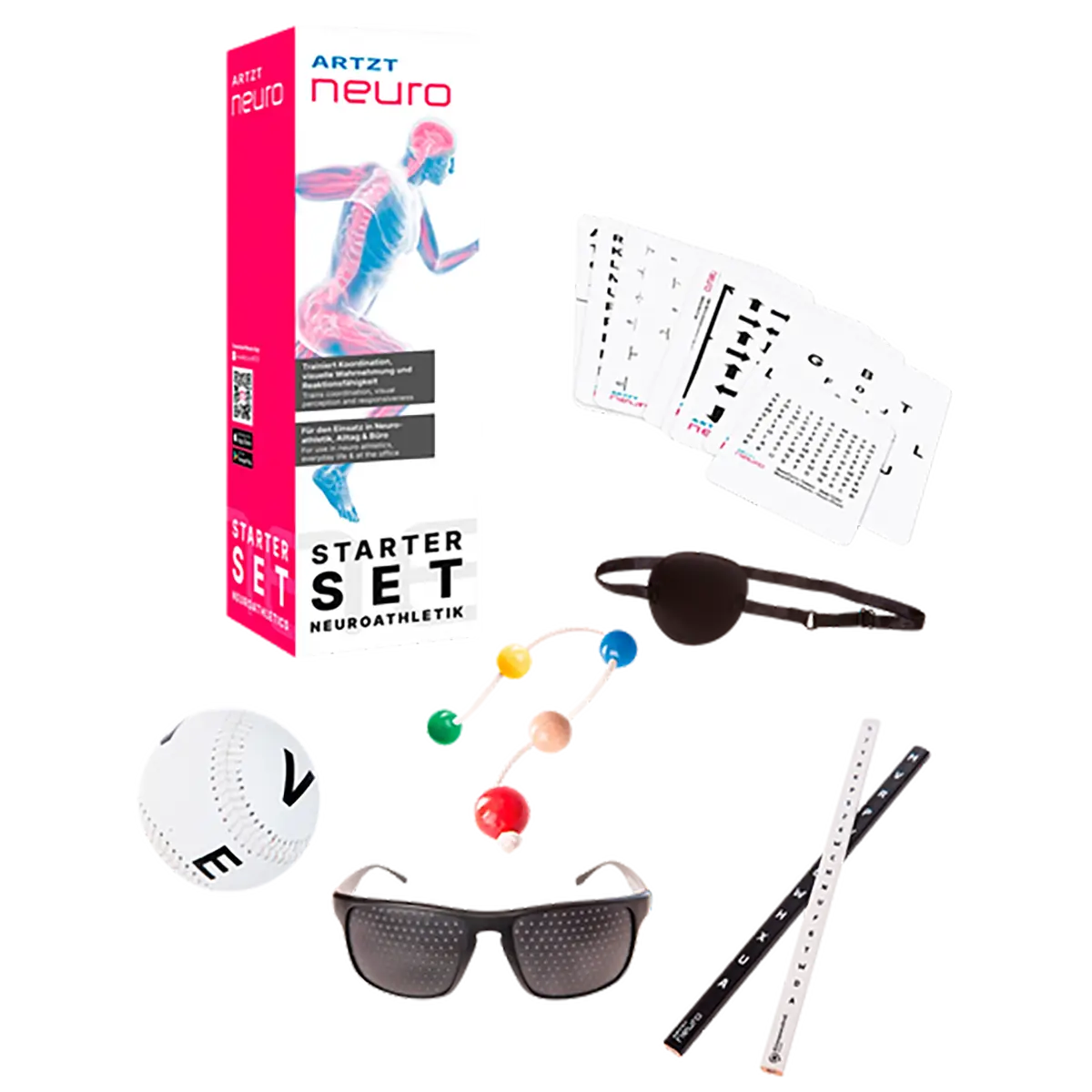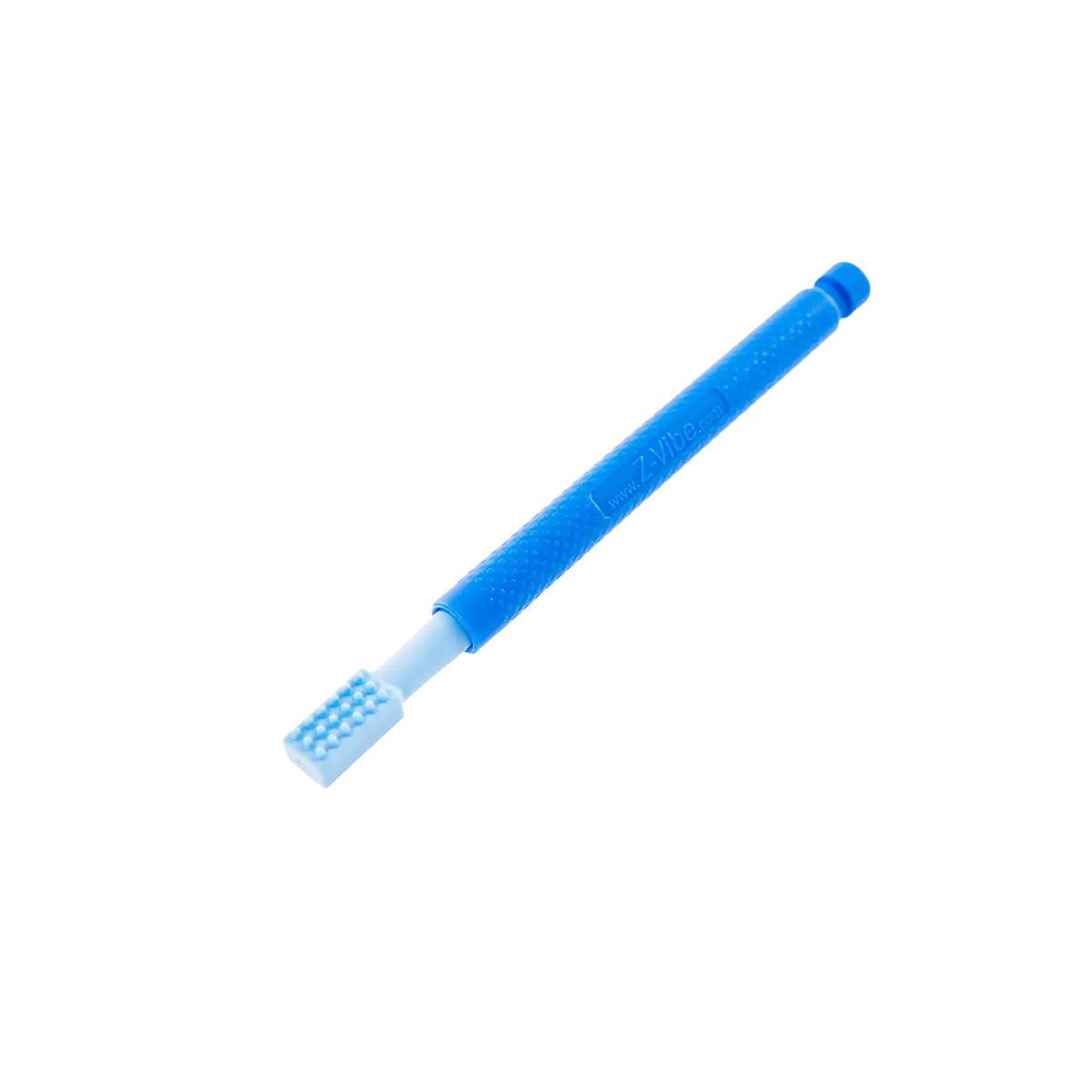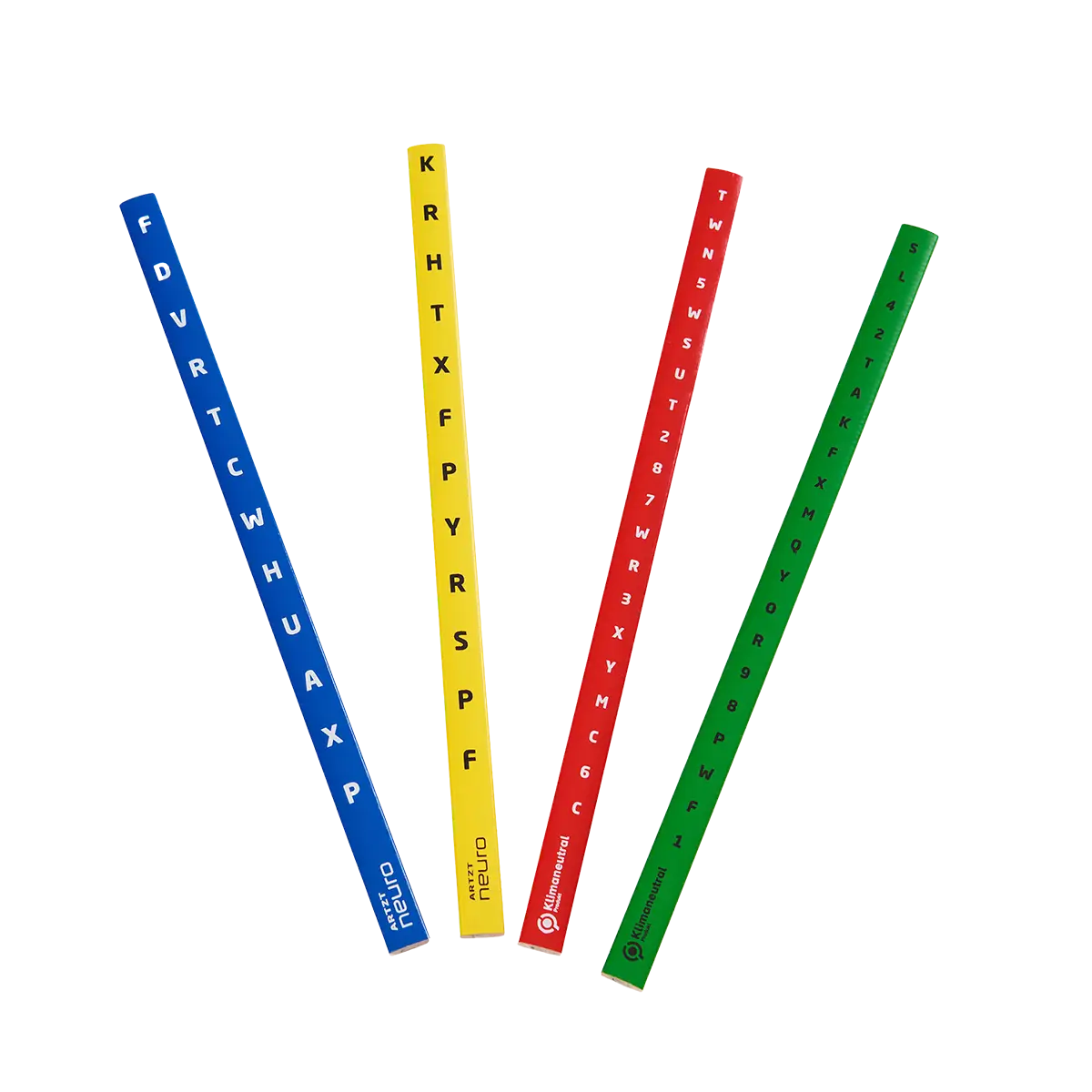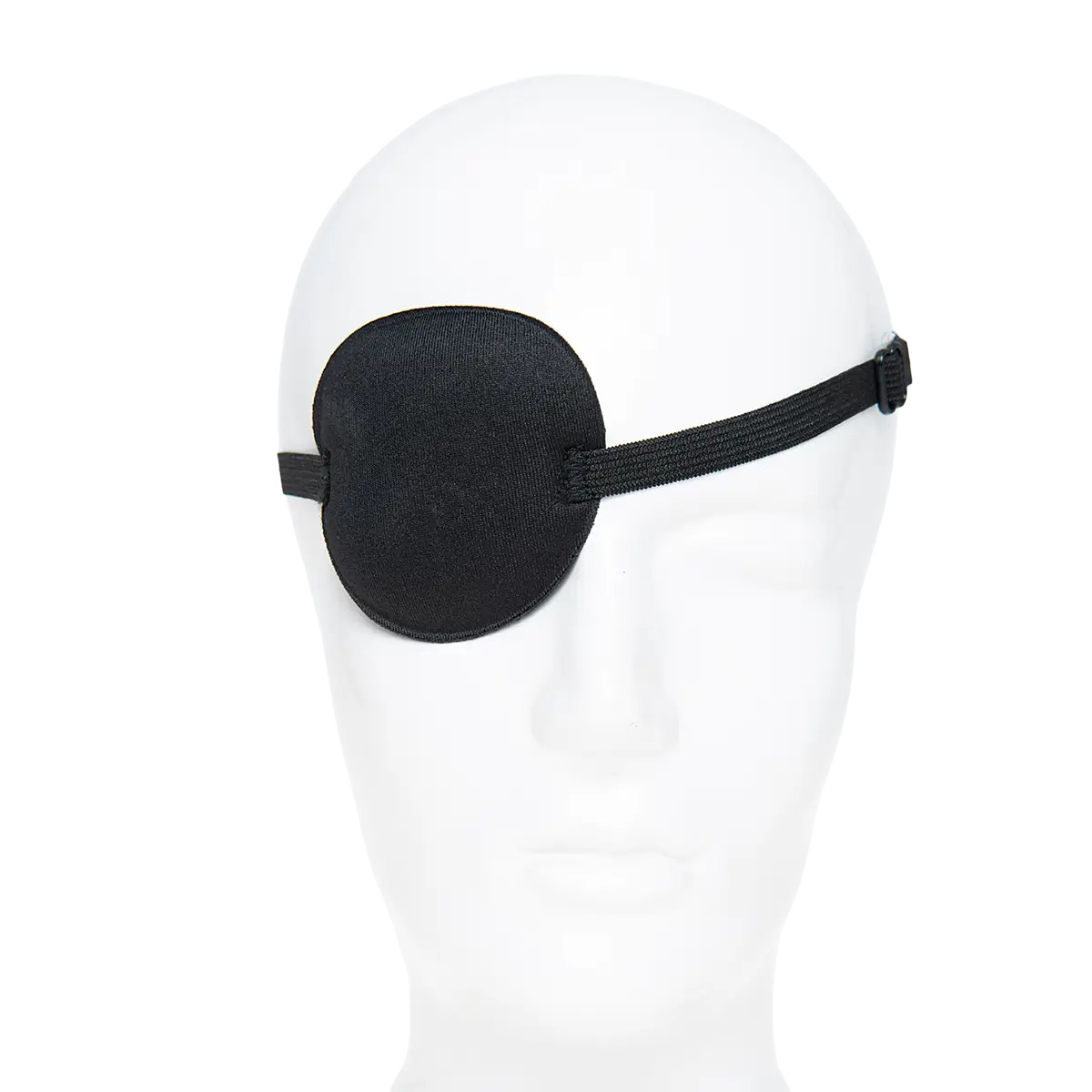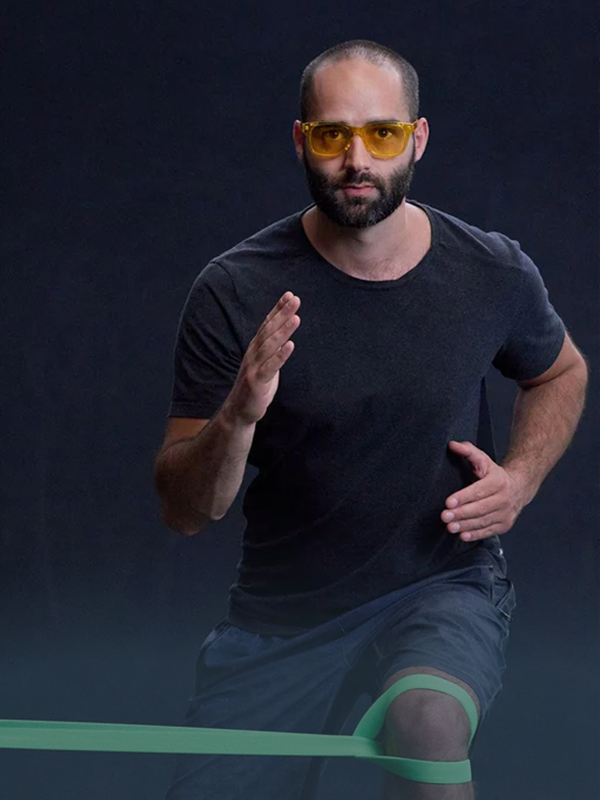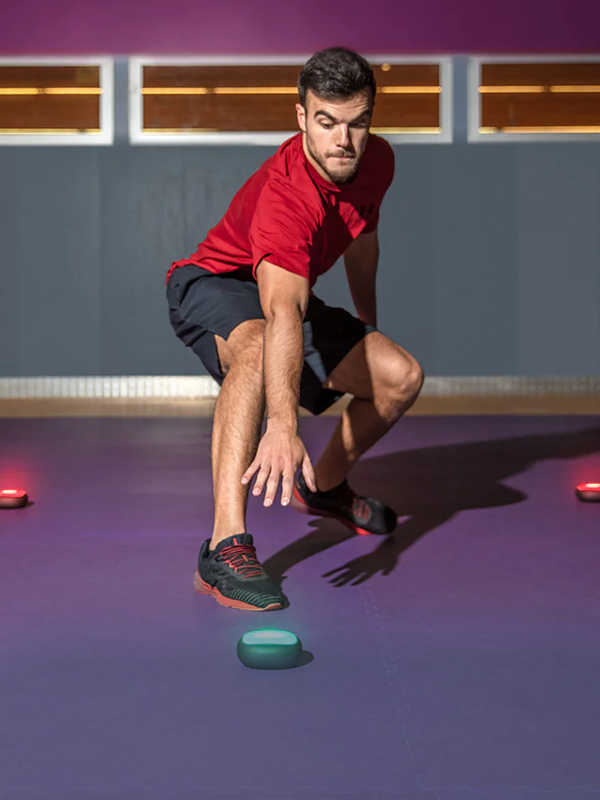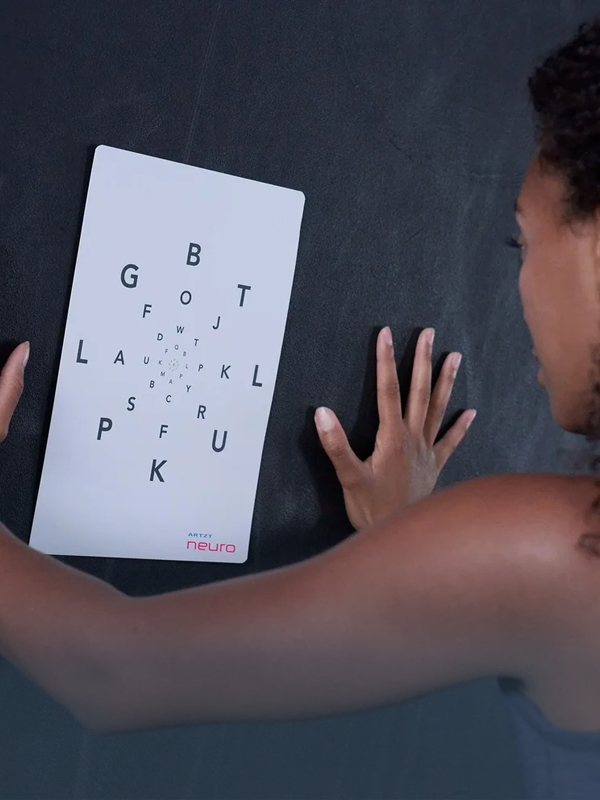In your book "Frisch im Kopf" you write, among other things, that people today touch their cell phones 110-180 times an hour. That's quite a lot. What does constant cell phone use do to our brain?
The constant use of digital media makes us more easily distracted. Concentration times decrease because we have taught ourselves - conditioned ourselves, so to speak - to pay even more attention to what is not the focus of our activity at the moment: We are working on a project at work (primary focus) and yet our brain is always cross-eyed to an incoming smartphone message from social media. We also constantly interrupt all of our activities, so we don't practice staying on task and ignoring trivialities. But unless we are emergency doctors or firefighters, receiving WhatsApp, TicToc or other social media messages are irrelevant. In short, we weaken our willpower.
What does this media overstimulation and the associated constant distraction (interruption of attention) mean for our health in the long term? Provocatively asked, do our brains switch off at some point?
No, because we are learning to use complex technology. We also unconsciously learn a lot about social contexts and processes in our lives. Where we have to be careful is that we don't outsource too much knowledge externally, i.e. through search engines, on the Internet and via AI. The reason is that knowledge, facts and autobiographical memories also structurally change our own brains. This means that we see, think and act more differentiated when we know a lot about the world ourselves. We must not lose this expertise.
When our brain is overloaded, our cognition, language and perception of visual objects also suffer. How can you imagine this in practice?
Overstimulation leads to stress in the brain and the release of stress hormones in turn signals to the brain via the amygdala, a type of emotion computer in the brain, that a dangerous situation exists. When there is danger, our gaze and our thinking focus on the immediate surroundings and on stereotypical processes: we see little of what surrounds us and our thinking is no longer free and associative, but based on reflexes.
Do we need digital media in the classroom? Can effective learning actually take place in two dimensions, i.e. purely digitally?
Yes, learning digitally on a screen also works, but it is usually not as effective as learning in a social group that is in the same room. Above all, no matter how we learn, we need mentors, teachers who guide us, point out mistakes and explain what we can do better. Unfortunately, it has also been shown that independent learning on the tablet, i.e. digitally and on the screen, primarily promotes good students and, above all, disadvantages young people who come from socially disadvantaged circumstances. Often because poorer digital devices are used there and independent learning is not sufficiently demonstrated. The social gap is getting even bigger and children in particular, who we wanted to help so much, are being disadvantaged.
How does the use of digital media affect children's motor skills?
Fine motor skills suffer as does the sense of balance. Today's children in elementary school can no longer walk accurately over a 10m long straight line on the floor. On the other hand, dexterity on smartphones increases and the fingers that are frequently used there even have more processing space in the brain.
How can we use digital media smartly? Your recommendation for a healthy future in on-off mode ?
Exactly, differentiate more on-off whenever we are offline - then we all turn off our smartphones - and when we are online, we also concentrate entirely on what we are doing at the moment, so in both cases we live more in the here and now and try to not to be in several places at the same time. Multitasking remains a stress-induced and unproductive myth.
About Dr. Korte
Prof. Dr. Martin Korte is a neurobiologist, professor in the Department of Cellular Neurobiology at the TU Braunschweig and author. His research interests lie particularly in the cellular basis of learning and memory (cognitive neuroscience). In his current book "Fresh in the Head" he deals with the effects of the digital sensory overload that we expose ourselves to every day on our brain, our thinking and our health.



